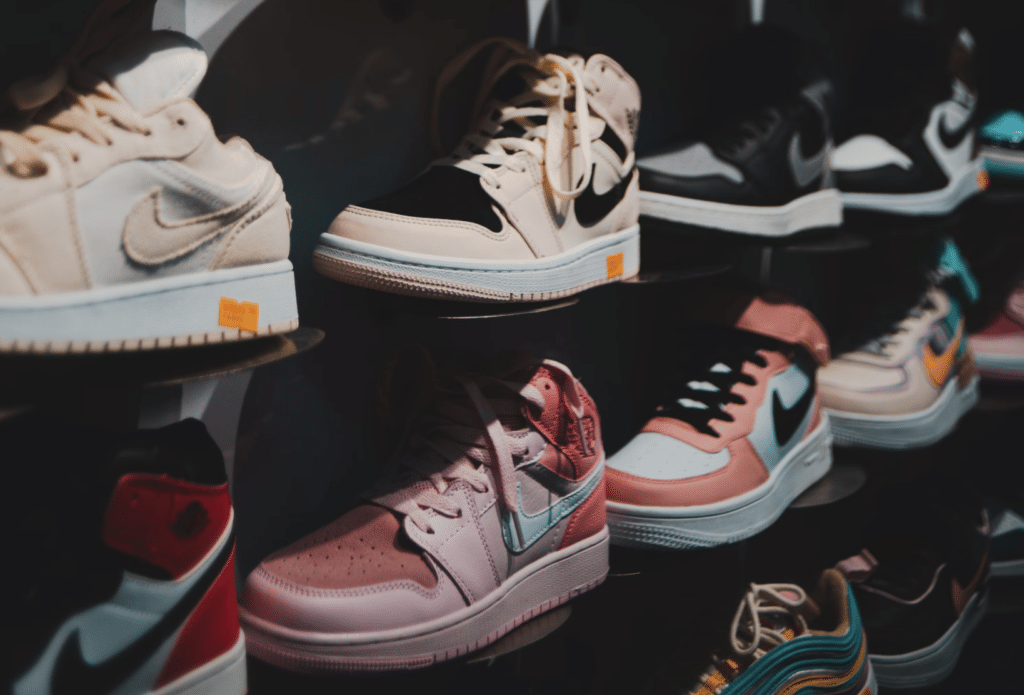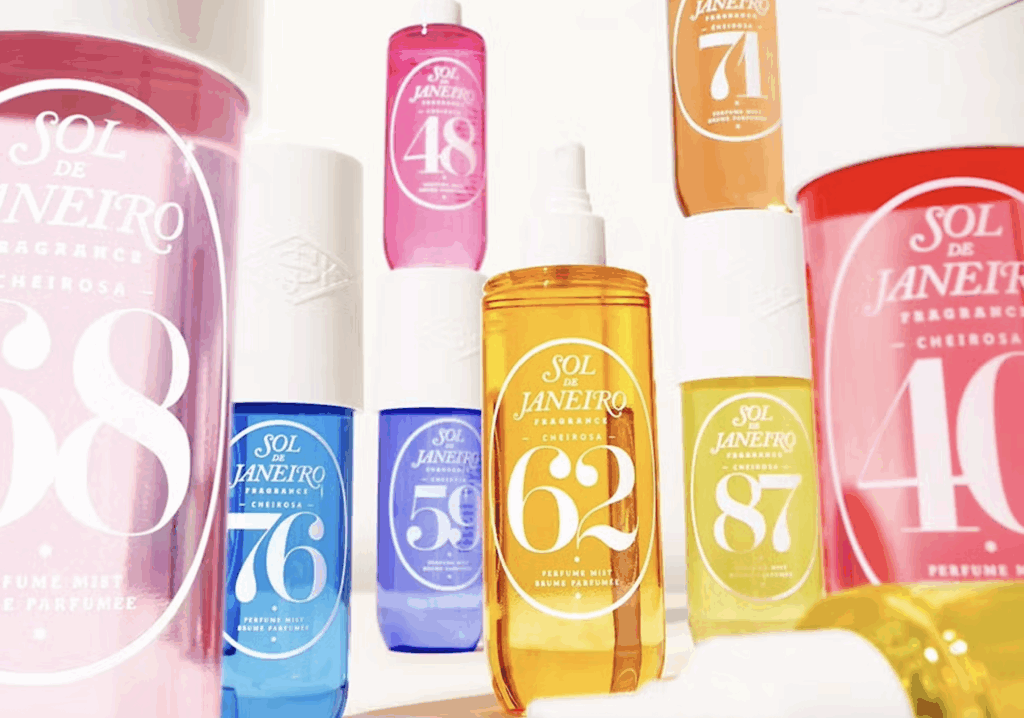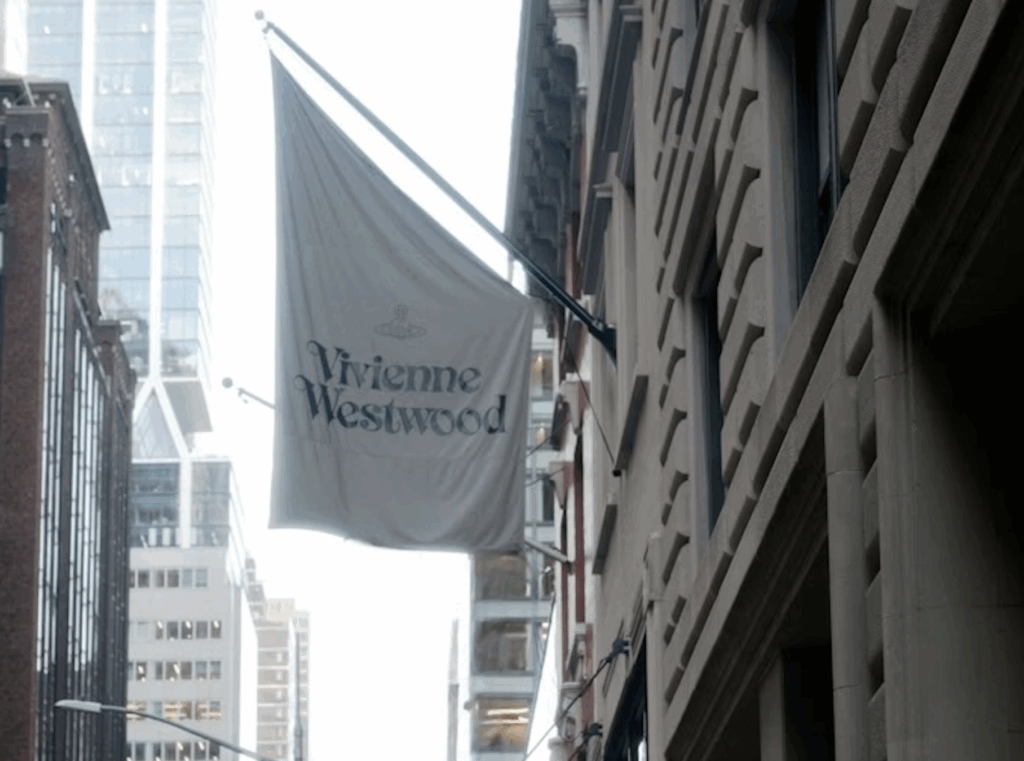The legal battle between Nike and the Shoe Surgeon is escalating. In an amended counterclaim that it lodged with the U.S. District Court for the Southern District of New York on February 3, the Shoe Surgeon, its founder Dominic Chambrone, and a number of related entities (collectively, the “Shoe Surgeon” or the “defendants”) are doubling-down on their defamation/trade libel and unjust enrichment claims, and their bid for a declaration that the thirteen sneaker design-centric trademarks upon which Nike bases its infringement and counterfeiting claims are invalid because the designs “consist entirely of functional, non-distinctive features.”
At the same time, the Shoe Surgeon paints a more detailed picture of Nike’s alleged misconduct, including its quiet reliance on the Shoe Surgeon and its services to “stay relevant” while engaging in a “smear campaign” to damage the customization company.
ICYMI: The Shoe Surgeon lodged its amended answer and counterclaims in response to the $60 million lawsuit that Nike filed against in July 2024. In its complaint, Nike alleges that the Shoe Surgeon is on the hook for trademark infringement and counterfeiting (among other causes of action) as a result of its customization business. Specifically, Nike maintains that the Shoe Surgeon is producing “counterfeit” or otherwise infringing Nike sneakers by altering existing shoes – a technique that involves dismantling an authentic pair and reconstructing it with new materials – and damaging its brand to the tune of $60 million as a result.
Fair Use & the First Sale Doctrine
In one of the more interesting aspects of its filing, the Shoe Surgeon argues that its activities fall squarely within the bounds of the law. While Nike claims that the Shoe Surgeon is running afoul of the law by way of its customization services, as well as its offering of customization courses, the Shoe Surgeon contends that “what [it] does (and what Nike knows it does) in customizing an authentic [Nike] shoe into a new, custom work of art is, at its core, one-of-one customization.” As such, the company argues that it is shielded from Nike’s claims by “fair use, the first sale doctrine, and principles around non-commercial use,” which place limits on “the law’s application to restrict how a consumer can customize a shoe they bought for their own personal use and enjoyment.”
The Shoe Surgeon claims that “such customization involves tough questions of at least fair use, the first sale doctrine, and whether the law should apply at all to restrict how a consumer can customize a shoe they bought for their own personal use and enjoyment.” Counsel for the Shoe Surgeon asserts that “these are well-established boundaries that protect against an over-extension of intellectual property rights that could stifle creation.”
However, “to avoid wrestling with [such] tough questions” on the fair use front, the defendants allege that Nike “executed a take-down in the court of public opinion, making a public statement that paints the Shoe Surgeon as a greedy counterfeiter engaged in clearly illegal misconduct: ‘constructing counterfeit Nike footwear from scratch and selling it as officially branded Nike product” and “teaching others to create counterfeit ‘Nike’ sneakers,’ while Nike falsely claims that it is not being so unreasonable as to target ‘one-of-one customization.’”
Nike published these “false and defamatory statements not to enforce its rights, but for the sole purpose of defaming the Shoe Surgeon, including by encouraging those interested in customization services to avoid the Shoe Surgeon and/or to seek out Nike’s authorized and above-board customization services instead,” the company contends.
A Battle Over Customization, Control
More broadly, the Shoe Surgeon claims that Nike’s case is less about counterfeiting than it is about control – namely, Nike’s desire to control the market for customized sneakers. “Nike has demonstrated that it is anti-customization – outside of customization controlled by Nike – with a spree of lawsuits against a wide array of customizers it has painted (rightly or wrongly) as counterfeiters,” the defendants argue. “One notable feature of Nike’s strategy seems to be its effort to leverage claims against using inauthentic Nike shoes (i.e. counterfeiting) to shut down customizations of authentic shoes that were simply not authorized by Nike (i.e. unauthorized customization).”
“Stated otherwise,” the Shoe Surgeon claims that Nike “does not permit any ‘unauthorized customizations,’ i.e. any customizing not controlled by Nike. Nike’s extensive history of suing customizers … shows that Nike is, in fact, ‘anti-customization’ [and] is willing to sue anyone who customizes a Nike shoe without its express permission, whether or not that it is a ‘one-of-one customization.’”
In short: “Nike tries to paint itself as ‘not anti-customization,’ but makes clear that any customs that are not ‘within Nike-controlled parameters’ are subject to liability,” the Shoe Surgeon maintains, arguing that Nike is “ effectively using … [its] IP as a legal bludgeon to crush all unauthorized Nike-related customization, not as the scalpel needed to carve out personal freedoms (including to make and have ‘one-of-one customizations’ made) from Nike’s legitimate IP interests and concerns.”
What’s Next?
Nike’s lawsuit against the Shoe Surgeon is shaping up to be a potentially pivotal case for customization and intellectual property law in the footwear industry and in fashion, as well. If the Shoe Surgeon prevails, it could serve to reinforce protections afforded by the First Sale Doctrine and the rights of consumers and artists to modify and resell branded goods. If Nike wins, it could have a chilling effect on the sneaker customization industry, forcing independent designers to either seek out Nike’s approval or avoid using Nike-branded footwear entirely
The case is Nike, Inc. v. S2, Inc. d/b/a The Shoe Surgeon, et al., 1:24-cv-05307 (SDNY).














